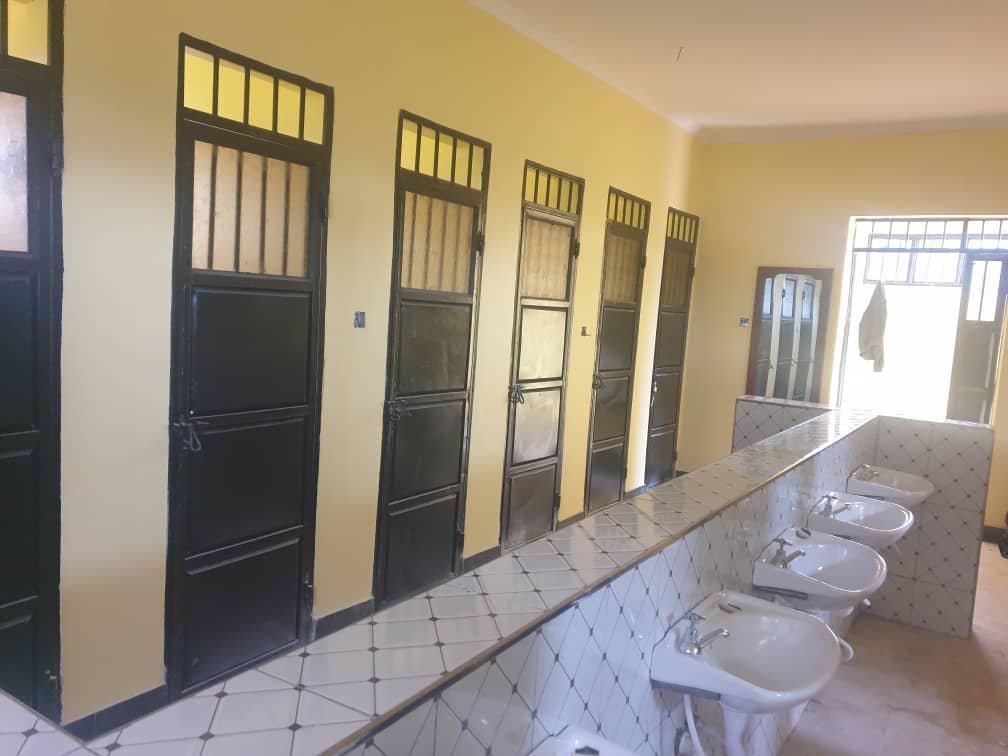UK Government cuts to International Development
Article from The Lead by Amy Fallon…… (edited)
Thousands of small charities have implored the government to urgently investigate improvements to support and funding, as some vital organisations are now facing closure following the decision to cut foreign aid.
As Britain is warned it will miss the Sustainable Development Goals [SDGs] deadline – of 2030 – campaigners fear millions around the world will be left lacking education, proper healthcare, food, and routes out of poverty.
The Small International Development Charities Network [SIDCN], comprised of more than 2,400 registered charities who work in the global South, have asked the International Development Committee for an inquiry which it says would hold the government accountable for Official Development Assistance [ODA] commitments and previous policy pledges, while promoting the inclusion of grassroots organisations in the country’s development policy.
The funding for organisations – referred to as ‘first responders’ – that use community-driven solutions to drive sustainable progression in developing parts of the world, has shrunk after the USAID cuts earlier this year. The situation was compounded by February’s announcement that the UK will slash international aid from 0.5 per cent to 0.3 per cent of GDP to boost defence spending.
“Parliamentary scrutiny can promote transparency and inclusivity in funding, addressing systemic barriers faced by small charities to empower them to advance the Government’s efforts to eradicate extreme poverty and improve development,” the SIDCN said in a letter seen by The Lead.
The potential initial recommendations it made for the government included increasing and ring-fencing funding, developing time-bound frameworks to deliver tailored support for small CSOs, streamlining grant applications and reducing administrative burdens to ensure accessibility and foster partnerships between small charities, larger organisations and government bodies.
Even organisations that aren’t funded by UK aid but were feeling the ripple effect of the last round of cuts in 2021, will now indirectly be affected as the cuts created greater competition for fewer funding opportunities. Some of these charities thought they wouldn’t survive COVID. Now they face closure again.
Mikuyu Tanzania is one SIDCN member with serious concerns. When broken toilets at a secondary school in Babati town in rural northeastern Tanzania caused ten students a week to be admitted to hospital with dehydration and abandon their education last year, the small charity stepped in.
“We saw that as totally unacceptable, acted, and got that down to zero kids,” says co-founder and managing director Julian Page. “We have a reputation for listening and delivering and there are no other non-governmental organisations [NGOs] in Babati that do what we do.”
Julian added that the decision by Britain “makes a mockery of the SDGs” that UN member states have vowed to work towards the targets by 2030.
“And it doesn't really feel like that's being mentioned anywhere, because everybody's following this kind of Trump ‘put your nation first’ mantra,” he tells The Lead.
Mikiyu were already put off by the difficult application process for UK aid, which it said partly excluded them. The charity uses a co-production methodology. This means that “all have an equal voice around our table”,. The charity partners with local NGOs in Babati and beyond.
“We're all about working hand-in-hand with the local community to help them achieve their development goals,” said Julian. “But if we can't help get funding, we can't help them achieve their goals, and they remain in the cycle of poverty.”
Devastating consequences
Bigger organisations, such as Concern Worldwide, have warned the cuts will have devastating consequences for people in the global South who bear the greatest brunt of the conflict, climate, humanitarian, and inequality crisis.
“We were already off-track to meet the SDGs by 2030, and these cuts will set us back even further – not only will we now miss this deadline we have set for ourselves, the aid cuts will undo the progress we had worked so hard to achieve,” says Anushree Rao, director of the charity’s advocacy and institutional relationships.
Bond, the UK network for organisations working in international development, said the cuts should be reversed, but at the very least they urged the government to mitigate their impact by maintaining UK aid at 0.5 per cent of GNI over the next two years and to dramatically reduce the amount of UK aid spent on asylum accommodation in the country.
“This would help prevent a funding cliff-edge and protect vital programmes where it is needed most,” said Bond’s media adviser Jess Salter.
“The aid budget is an investment in the UK’s security by helping to solve the root causes of conflict and instability – reducing the need for costly interventions in the future,” reads a SIDCN letter that members can send to their MP. It continues: “At this time, the UK should be strengthening its commitment to international development and solidarity, not retreating from it by making a false choice between aid and defence.” ■
About the author: Amy is a widely-published freelance journalist with two decades of experiences mainly covering human rights and social justice, with a bit of culture and travel too. She's reported from all around the world and lived in Africa.


